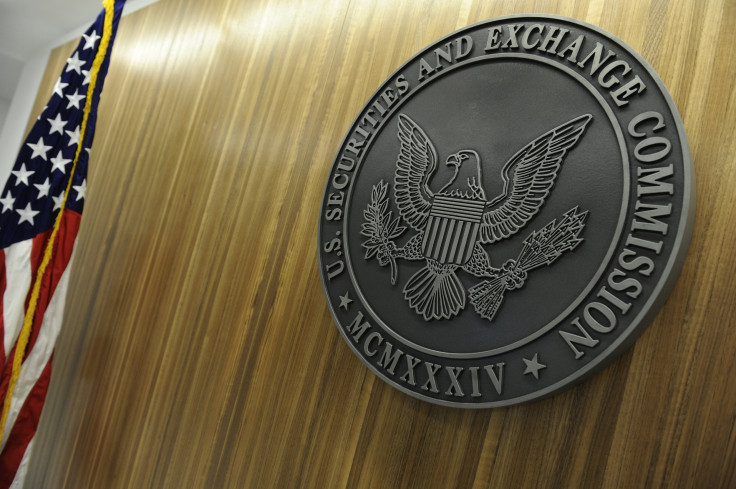SEC Warns Against Illegal Cryptocurrency Promotions

Now that cryptocurrency crowdfunding campaigns have amassed more than $2.3 billion for high-tech projects worldwide, a trend often referred to as initial coin offerings or ICOs, lawmakers are taking notice. The U.S. Securities & Exchange Commission issued a statement on Wednesday warning it may be illegal for “celebrities and others” to promote investments on social media without disclosing compensation.
The cryptocurrency industry is often still viewed as a digital Wild West, full of scams and questionable business practices in addition to a few prudent projects with innovative business models. “We encourage investors to research potential investments rather than rely on paid endorsements from artists, sports figures, or other icons,” the SEC statement said. “Conduct research before making investments, including in ICOs.”
Looking forward to participating in the new @cobinhood Token! ZERO fee trading! #CryptoCurrency #BitCoin #ETH – https://t.co/1XFiosn22S pic.twitter.com/A7es0C2Rxr
— Jamie Foxx (@iamjamiefoxx) September 18, 2017
This should seem obvious. It’s already illegal for celebrities to promote securities and stocks without such disclaimers. However, cryptocurrencies aren’t explicitly mentioned by most financial regulations. Plus, although some tokens could classify as traditional investments, many others are merely utility tokens. So when celebrities like DJ Khaled, Floyd Mayweather, Jamie Foxx and Paris Hilton promote ICOs on social media, they need to understand the specific project in order to do so lawfully.

The SEC issued several warnings over the past few months about some tokens qualifying as securities and other types of regulated assets. And celebrities aren’t the only players flirting with legal risks.
Please do not put a single ETH into token sales that show a selfie with me to signify endorsement when in reality I barely know who they are
— Vitalik Buterin (@VitalikButerin) September 25, 2017
Many blockchain projects are using selfies with famous cryptocurrency experts to promote their token sales, implying the influencers endorse these new tokens. These tactics are misleading at best. Some companies are even circulating false advertising about advisors and participants. Forbes reported the Canadian venture capital firm NextBlock Global raised $77 million while falsely claiming five renowned blockchain experts were active advisors.
Kathryn Haun, a boardmender at the cryptocurrency exchange Coinbase, was one of the wrongly touted advisors whose picture was prominently featured in the VC’s deck. “I’m not an advisor and I never have been,” Haun told Forbes. Other cryptocurrency stars who denied involvement with the firm include entrepreneur Vinny Lingham, Ripple advisor and former Federal Reserve Bank of New York officer Karen Gifford, plus Dmitry Buterin, the father of Ethereum creator Vitalik Buterin.
NextBlock Global CEO Alex Tapscott told Forbes they only appeared in a “draft” of the deck. However, several investors confirmed the VC sent them this incorrect version of the deck. These ICO trends are forcing some blockchain stars, such as Litecoin creator Charlie Lee, to publicly state they aren’t advising any new projects with token sales in order to preemptively avoid both pesky requests and false advertising.
I want to make this clear. I don't support ICOs. I have not and will not invest in ICOs. Please don't ask me to be an advisor to your ICO. pic.twitter.com/MYdcF5h5p0
— Charlie Lee [NO2X] (@SatoshiLite) September 12, 2017
Most experts expect lawmakers will issue more warnings in the near future, and even crackdown on a few bad actors, as lucrative ICOs continue to multiply across the tech industry.
© Copyright IBTimes 2025. All rights reserved.



















